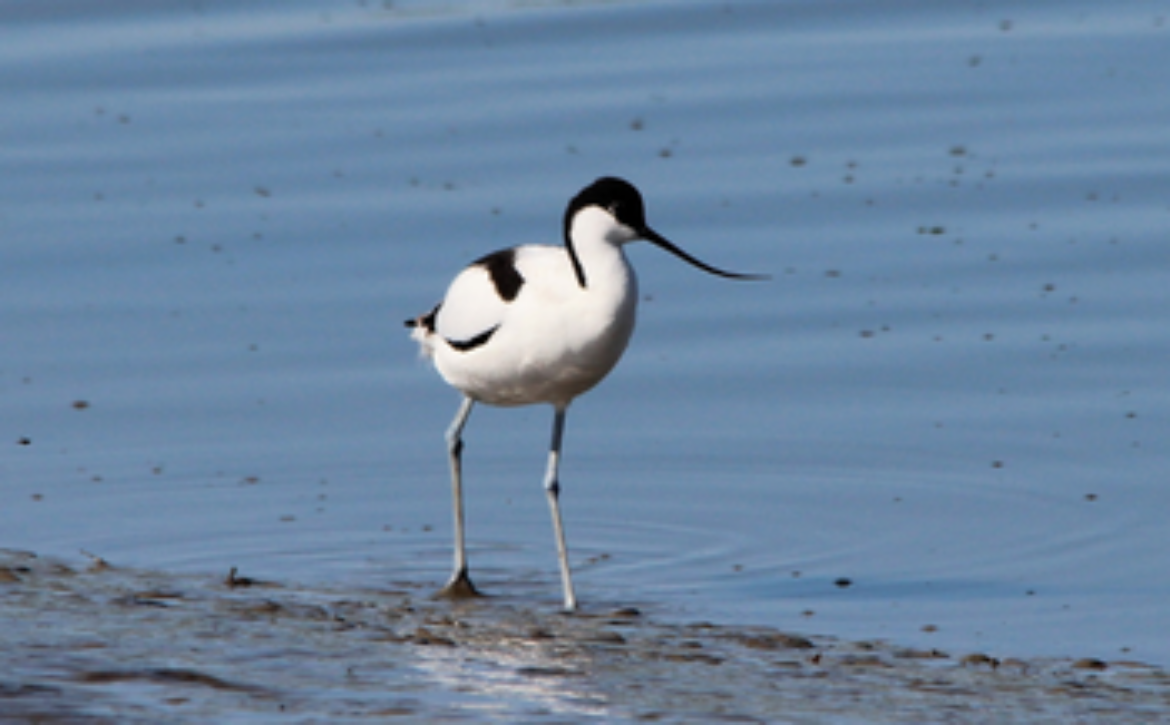Reydon Community Quiz January Report
The first Reydon Community Quiz of 2023 took place on 20 January, with quiz master Graham at the helm, for an entertaining quiz that got us all thinking. (Who knew how many different people have been featured on UK bank notes!?)
Winners were ‘Threes Company ‘with 123 points, ‘Treacle Tarts’ in second place with 118 points, followed by ‘What, No Broadside’ and’ Load of Bowls’ in joint third place with 116. points
With proceeds from the quiz and the raffle, the total raised was £345, and this has been divided equally between the Sole Bay Care Fund and Sole Bay Juniors Football Club, with our best wishes for the valuable contribution that both of these organisations make to our community.
A huge thanks as always to our loyal quizzers, hosts Sole Bay Bowls Club and raffle helpers. Thanks also to Southwold Press for providing paper for the quizzes.
The next quiz will be held on Friday 17 February. Dates for the rest of 2023 are 17 March, 21 April, 19 May (all fall on the third Friday of the month).
There is sometimes space for another team so do contact me if you are interested in joining us, on ahumphry@talktalk.net.




